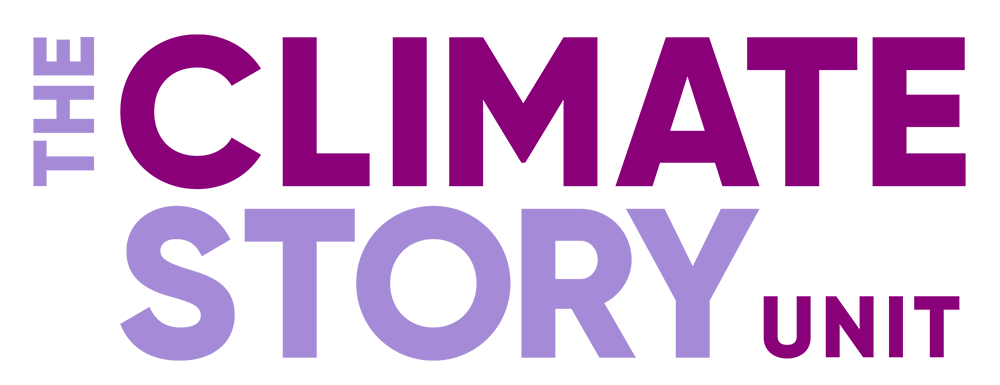Freedom Summer
Short film Completed 2014
Director
Stanley Nelson
Doc Society helped with
Impact
Runtime: 113 minutes
Freedom Summer tells the story of the summer of 1964 when more than 700 student volunteers joined with civil rights movement organizers and local blacks in a historic effort to shatter the foundations of white supremacy in Mississippi.
Long Synopsis
In 1964, less than 7% of Mississippi’s African Americans were registered to vote, compared to between 50 and 70% in other southern states. In many rural counties, African Americans made up the majority of the population and the segregationist white establishment was prepared to use any means necessary to keep them away from the polls and out of elected office. As Mississippian William Winter recalls, “A lot of white people thought that African Americans in the South would literally take over and white people would have to move, would have to get out of the state.” For years, local civil rights workers had tried unsuccessfully to increase voter registration amongst African Americans. Those who wished to vote had to face the local registrar, an all-powerful white functionary who would often publish their names in the paper and pass the word on to their employers and bankers. And if loss of jobs and the threat of violence wasn’t enough to dissuade them, the complex and arcane testing policies were certain to keep them off the rolls.
In 1964, a new plan was hatched by Bob Moses, a local secretary for the Student Nonviolent Coordinating Committee (SNCC). For 10 weeks, white students from the North would join activists on the ground for a massive effort that would do what had been impossible so far: force the media and the country to take notice of the shocking violence and massive injustice taking place in Mississippi.
During the summer of 1964, the nation’s eyes were riveted on Mississippi, a state synonymous in the mind of much of the American public with segregation and ferocious racial violence to uphold Jim Crow. Over the ten memorable weeks known as Freedom Summer, more than 700 student volunteers joined with movement organizers and local blacks in a historic effort to shatter the foundations of white supremacy in the nation’s most segregated state. Working together, they canvassed for voter registration, created Freedom Schools, and established the Mississippi Freedom Democratic Party, with the goal of challenging the segregationist state Democratic Party at the late summer national convention in Atlantic City.
White Mississippi did not take this bold challenge to the status quo lying down. Freedom Summer was a season marked by sustained and deadly violence, including not only the notorious murders of three civil rights workers at the hands of a resurgent Ku Klux Klan, but also countless beatings, the burning of thirty-five churches, and the bombing of seventy homes and Freedom Houses. The Freedom Summer story grows out of the movement’s often overlooked but essential community-organizing tradition, represented by the patient and long-term efforts in Mississippi to register voters and develop local leadership in ordinary men and women. It is a story with important lessons about democracy and engaged citizenship, and one that reminds a broad national audience that the movement that ended segregation was far more complex, and far more interesting, than most of us know.
Outreach Work Supported
Activism education and provision of online and offline opportunities for meaningful civic engagement to support of voting rights.
Crew
Stanley Nelson
Director
Stanley Nelson (Producer/Director/Writer) is an Emmy Award-winning documentary filmmaker, MacArthur “genius” Fellow, and member of the Academy of Motion Picture Arts and Sciences.
Sonya Childress serves as Firelight’s Director of Partnership and Engagement and she manages the Community Engagement Division. Sonya has helped organizations, philanthropists and filmmakers use film as a tool to further racial and social justice for over a decade. Sonya has held staff and consulting positions with California Newsreel, Active Voice, Kartemquin Films, Working Films and ITVS. She has developed campaign materials, partnerships and engagement campaigns for countless documentary films, including The Interrupters, Favela Rising, Farmingville, Africa Unite, Deadline, and the multiyear campaigns for Freedom Riders and Hip-Hop: Beyond Beats and Rhymes, both of which are often cited as setting a high standard for film-based community engagement campaigns. Sonya also produced video modules for The New Americans in partnership with national immigration organizations and she co-produced a three-part film series called Immigration: Beyond the Headlines for the Carnegie Corporation.
Marcia Smith, a writer, filmmaker, and non-profit executive, is President of Firelight Media. Firelight Media is renowned for documentary film production as well as programs to support emerging filmmakers, including its Producers’ Lab, Community Engagement Program, and the Next Step Fund, a small grants program. Smith served as President of Firelight Media for most of its first decade. During her tenure, Firelight produced over 18 hours of film for national broadcast on PBS, and garnered every major award in television, including multiple Primetime Emmy, Peabody, Sundance, DuPont, and International Documentary Association (IDA) awards. Firelight’s award-winning films include the multiple Emmy-winning Freedom Riders, Jonestown: The Life and Death of Peoples Temple, and The Murder of Emmett Till.








